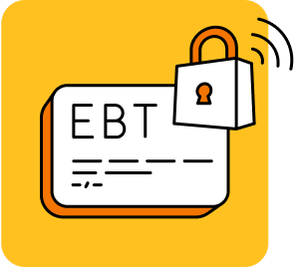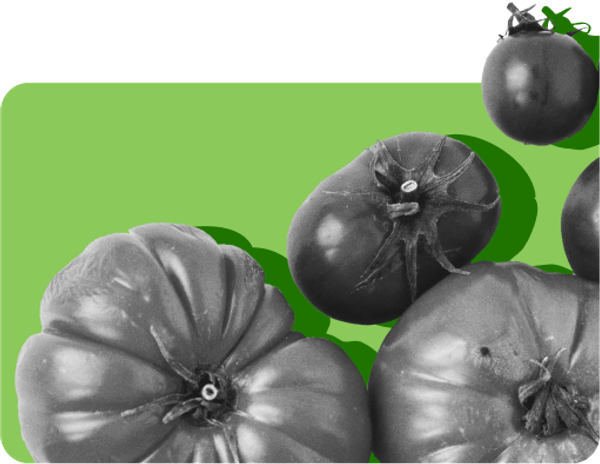Does SNAP require child support participation?

Summary#summary
- Sometimes people worry that to qualify for SNAP, they might have to participate in child support (either as custodial or non-custodial parents)
- In most states (44) child support participation is *not* a requirement to receive SNAP
- But in 9 states, there is some sort of requirement related to child support, for either the custodial and/or non-custodial parents
- Even in those 9 states, there are also "good cause" exceptions, so ask about those if you may be affected
Most states do *not* require child support participation to get SNAP#most-states-do-not-require-child-support-participation-to-get-snap
In the majority of states (44) you're not required to participate in or cooperate with child support as part of getting SNAP. [1]
In fact, research has shown this is good policy: such requirements don't lead to increased child support payments on average, and instead cause more financial strain. [2]
The 44 states where there is *no* SNAP requirement for child support are:
Alabama, Alaska, Arizona, California, Colorado, Connecticut, Delaware, District of Columbia, Georgia, Guam, Hawaii, Illinois, Indiana, Iowa, Louisiana, Maine, Maryland, Massachusetts, Minnesota, Missouri, Montana, Nevada, New Hampshire, New Jersey, New Mexico, New York, North Carolina, North Dakota, Ohio, Oklahoma, Oregon, Pennsylvania, Rhode Island, South Carolina, Tennessee, Texas, Utah, Vermont, Virgin Islands, Virginia, Washington, West Virginia, Wisconsin, Wyoming [1]
9 states do have some type of child support requirements for SNAP#9-states-do-have-some-type-of-child-support-requirements-for-snap
If you live in one of these 9 states, you should know that you may be required to participate in or cooperate with child support in order to get SNAP. [1]
These 9 states are:
- Arkansas (custodial and non-custodial parents)
- Florida (custodial parent only)
- Idaho (custodial parent only)
- Kansas (custodial parent only)
- Kentucky (non-custodial parent only, and also disqualified if in arrears on payments)
- Michigan (custodial parent only)
- Mississippi (custodial and non-custodial parents, and also disqualified if in arrears on payments)
- Nebraska (custodial and non-custodial parents)
- South Dakota (custodial parent only)
What do these mean?
- "Custodial parents" means the parent with kids needs to set up a child support case
- "Non-custodial parents" means that the other parent (without the kids) needs to be cooperating with child support
- "Arrears" means being behind on payments
This is a simplified explanation — these policies have a lot of details and can be confusing.
So if you are unsure about what this means for you, contact your state SNAP agency or your local legal aid organization to get help understanding your specific situation.
Even in these 9 states, there are "good cause" exceptions#even-in-these-9-states-there-are-good-cause-exceptions
Even though these 9 states do have child support requirements for getting SNAP, you can still be eligible if you meet "good cause" exceptions.
Here's what USDA says:
Before disqualifying an individual for non-cooperation, state SNAP agencies must determine if the individual has good cause for refusing to cooperate (custodial parent) or is unable to cooperate (non-custodial parent). [3]
So if you're a custodial parent and have good reason to not do child support, make sure to ask about "good cause" exceptions. ( You can read more here.)
One specific reason why a parent might not have to do this is in domestic violence situations. If you're facing this situation, be sure to mention it to your eligibility worker and/or contact legal aid for help.








